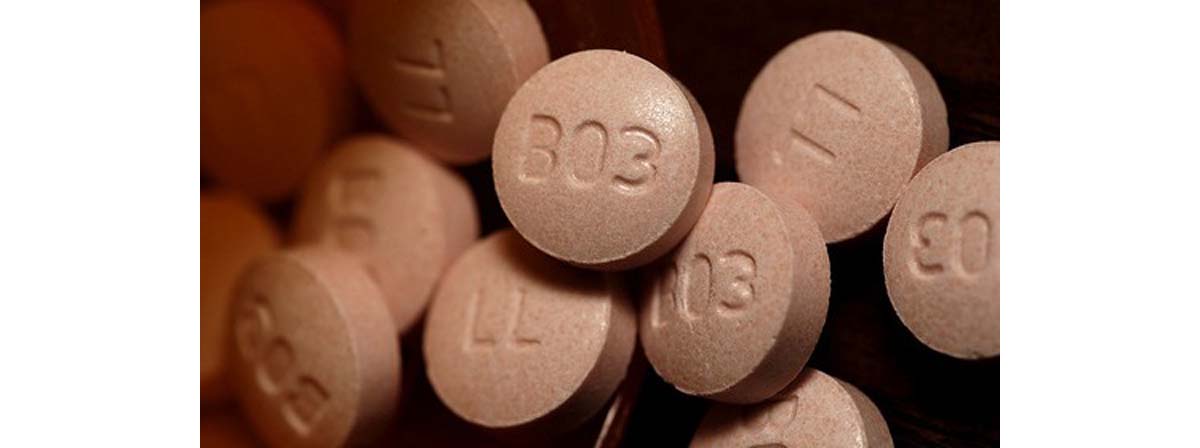Table of Contents
As is often the case, the scientists can't seem to quite make up their minds on the subject of statin medications and cataracts.

6. But haven't some researchers found that cholesterol-lowering statins actually reduce the risk of developing cataracts?
There have been some studies that suggest that cholesterol-lowering drugs reduce the risk of cataracts in younger people, younger in this case being "under 50 years old." The reason that taking a statin drug when you are younger would actually lower your risk of developing a cataract is that, in addition to lowering cholesterol levels, statins reduce inflammation.
In younger people, cataracts are most likely to form when the lens of the eye is scratched or punched or burns. Scar tissue in the lens forms in reaction to inflammation. Statins reduce inflammation, so they may actually protect against cataracts in younger people.
In older people, lower levels of LDL are associated with higher rates of cataracts. Some people simply have naturally lower cholesterol levels. It may be that in older people, LDL is needed as fuel for the white blood cells that clear out old tissue so new tissue can replace it. If there isn't enough LDL in the eye, the old tissue accumulates and clouds the lens. But the fact is, researchers don't really know for sure.
7. If my HDL (good) cholesterol goes up, does that counteract the effects of my LDL (bad) cholesterol going down?
Lower LDL cholesterol has been found to be linked to higher rates of cataracts, but higher HDL cholesterol hasn't been found to have an effect.
8. So if I develop a cataract, will my doctor take me off statins?
Probably not. Probably you will just get a referral to see the ophthalmologist for an assessment of your need for surgery.
You get to go home the same day and you probably will have restored vision the next day. About 95% of cataract operations are successful.
However, if you have glaucoma, or if you have to take steroids, then the doctor may advise you on other ways to control your cholesterol levels.
9. Should I just quit statins if my vision gets blurry?
No. Make these decisions with your doctor. Blurry vision can result from many conditions other than just cataract.
10. I don't want to get cataracts. I don't want to have a heart attack, either. What can I do?
There are some things you can do to protect your eyes and reduce the risk you will develop cataracts, or at least slow the process down.
- Wear UV-protective sunglasses or UV-blocking eyeglasses when you go outdoors. It's important not to use sunglasses that aren't UV-protective, since your eyes will actually open wider and admit more of the tissue-damaging UV light when you wear sunshades than when you don't.
- If you are diabetic, keep your blood sugar levels down all the time. High blood sugar levels cause proteins in the lens of the eye to cross-link and form scar tissue.
- Don't smoke. And if you do smoke, make sure to eat some colored vegetables every other day or so. As little as one serving of carrots a month can make a difference in your overall health, and 1 or 2 servings of colorful vegetables high in carotenoids (beta-carotene and related compounds), although not taking supplements, is generally helpful for smokers and non-smokers alike.
The findings of this US study are consistent with another large-scale study just completed in Taiwan. If you take statins, you probably will have an increased risk of cataracts, especially if you are over 65. But whether or not that's worth the risk is something you need to decide with the best information your doctor can provide.
- Lai CL, Shau WY, Chang CH, Chen MF, Lai MS. Statin use and cataract surgery: a nationwide retrospective cohort study in elderly ethnic Chinese patients. Drug Saf. 2013 Oct. 36(10):1017-24. doi: 10.1007/s40264-013-0076-0.
- Leuschen J, Mortensen EM, Frei CR, Mansi EA, Panday V, Mansi I. Association of Statin Use With Cataracts: A Propensity Score-Matched Analysis. JAMA Ophthalmol. 2013 Sep 19. doi: 10.1001/jamaophthalmol.2013.4575. [Epub ahead of print].
- Photo courtesy of Rakesh Ahuja, MD by Wikimedia Commons : en.wikipedia.org/wiki/File:Cataract_in_human_eye.png
- Photo courtesy of Clay Swatzell by Flickr : www.flickr.com/photos/photoguyinmo/4175401954/

